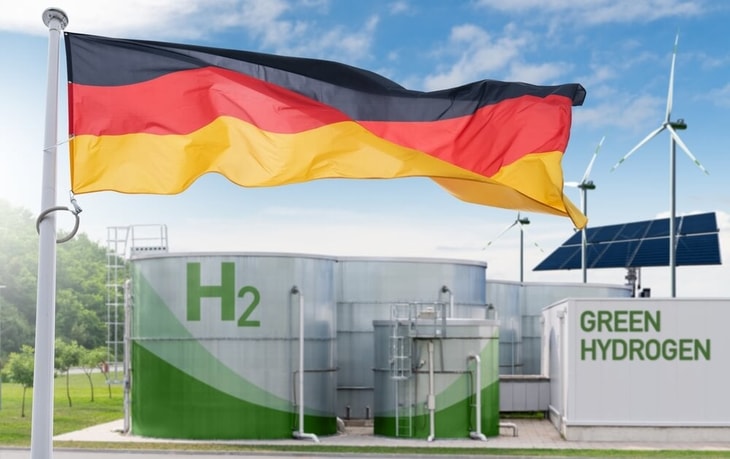The engineering arm of industrial gas major Linde is advancing Germany’s green hydrogen by partnering with Shell to build a 100 megawatt (MW) renewable hydrogen plant for the REFHYNE II project in Wesseling.
REFHYNE II is expected to produce up to 44,000 kg per day of renewable hydrogen to partially decarbonise site operations.
According to Linde, the fuel will be used to produce lower carbon, cleaner energy products such as transport fuels.
... to continue reading you must be subscribed







